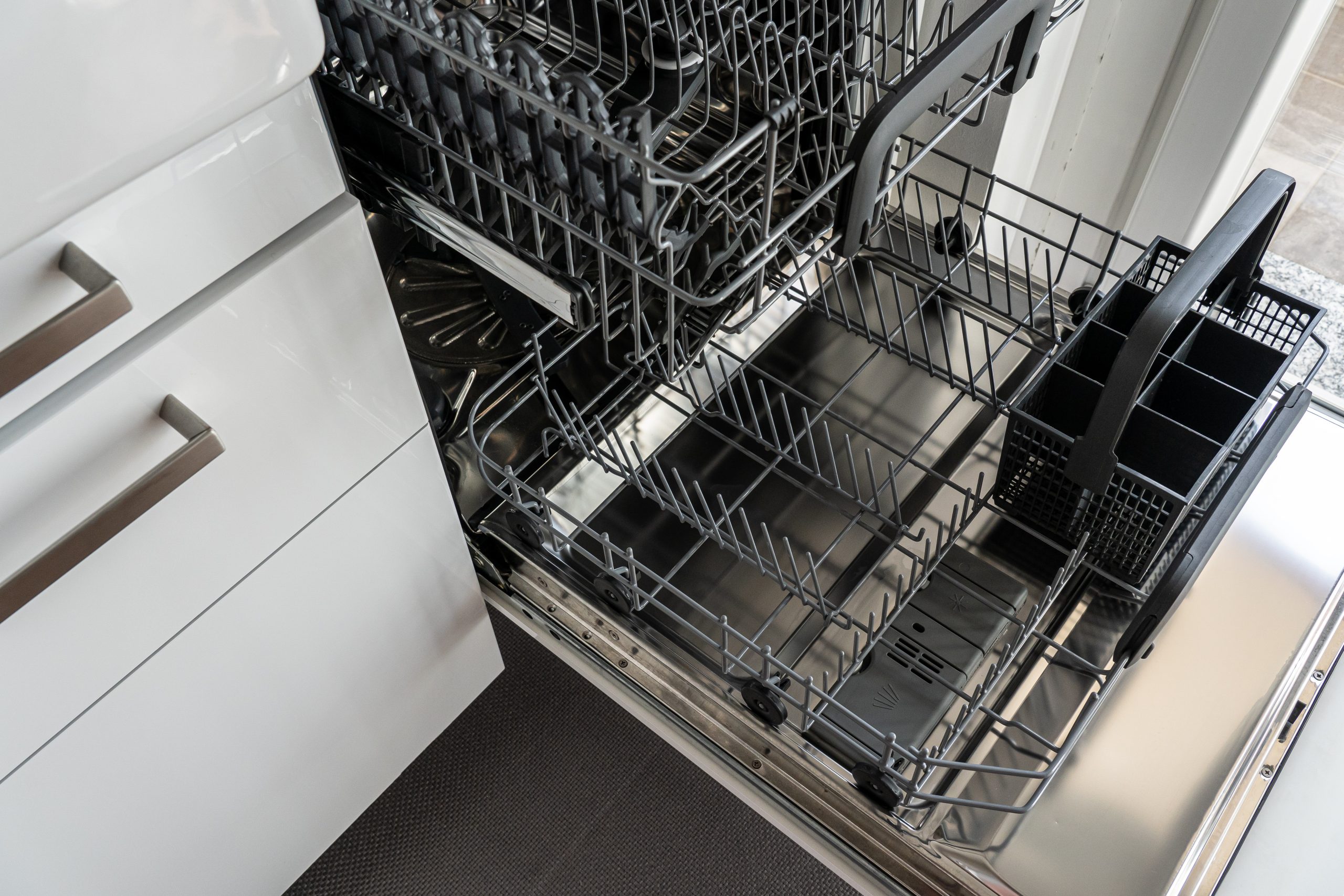
For some time now, we can no longer imagine life without small and larger household appliances at home. In fact, it has become for us a permanent part of our accompanying daily life and we have almost stopped noticing it. We become acutely aware of this when it breaks down, when we ourselves have to wash some of our clothes or wash the dishes by hand.
Of course, we have no control over random events, but we can in a way influence the durability of the equipment we own by taking care of its proper maintenance, which includes regular descaling.
A dishwasher is in constant contact with dirt. And while the machine itself is, in principle, supposed to be used for cleaning and theoretically cleans its interior during each cycle, it turns out that this is not enough for it to retain all its properties. Removing any dirt that appears in it is not just an aesthetic issue. Regular cleaning of filters and descaling of the device keeps it in good shape. It is also a way to eliminate bad smells escaping from its interior.
A dishwasher is an appliance in which food residues, grease and limescale remain after almost every use. By regularly cleaning the filters, we will not only avoid unpleasant odors, but also minimize the risk of damage and failure. Systematicity will bring the best results, so manufacturers recommend thorough cleaning of the interior of the dishwasher with emphasis on the care of filters at least once a month, although, of course, it is best to perform this procedure once a week.
The easiest and also the fastest way to get rid of both lingering food residues and limescale build-up are chemical cleaners, which we can buy in a chemical store and sometimes in an ordinary supermarket. All we need to do then is to follow the instructions on the package. Usually it is to remove the safety features, set the cleaner in the right place in the dishwasher and turn on the program with high temperature. This procedure allows you to get rid of grease easily and quickly, as well as the limescale present in hard water.
Of course, chemicals are not a necessity. You can also decalcify your dishwasher with the help of proven home methods. To do this, just prepare a glass of vinegar and a few tablespoons of baking soda. Pour the vinegar inside the appliance, while the baking soda is placed in the container, where we traditionally put cleaning tablets. Then we turn on the program with high temperature, of course, with the appliance unloaded. And there you have it.
First of all, descaling allows you to keep the equipment in good shape on a daily basis. It removes unpleasant odors and cleans all the sensitive areas of our appliance. Failure to do this can lead to frequent malfunctions, which are not only problematic, but can also be costly. Excessive limescale, for example, can lead to clogging of sensors, responsible for adjusting the length of operation to the dirt. What’s more, a limescale-covered dishwasher will also run louder and use much more electricity than necessary, incurring additional costs.
main photo: pexels.com/Castorly Stock